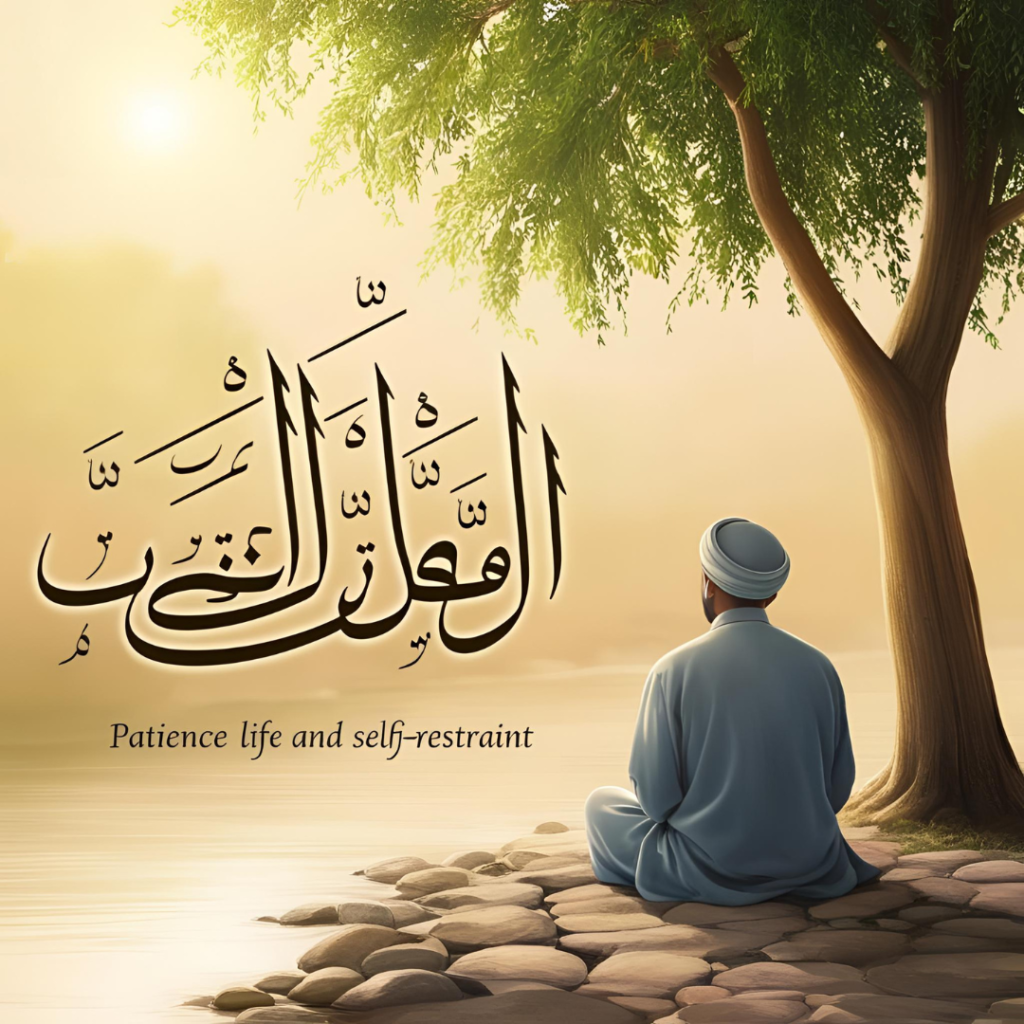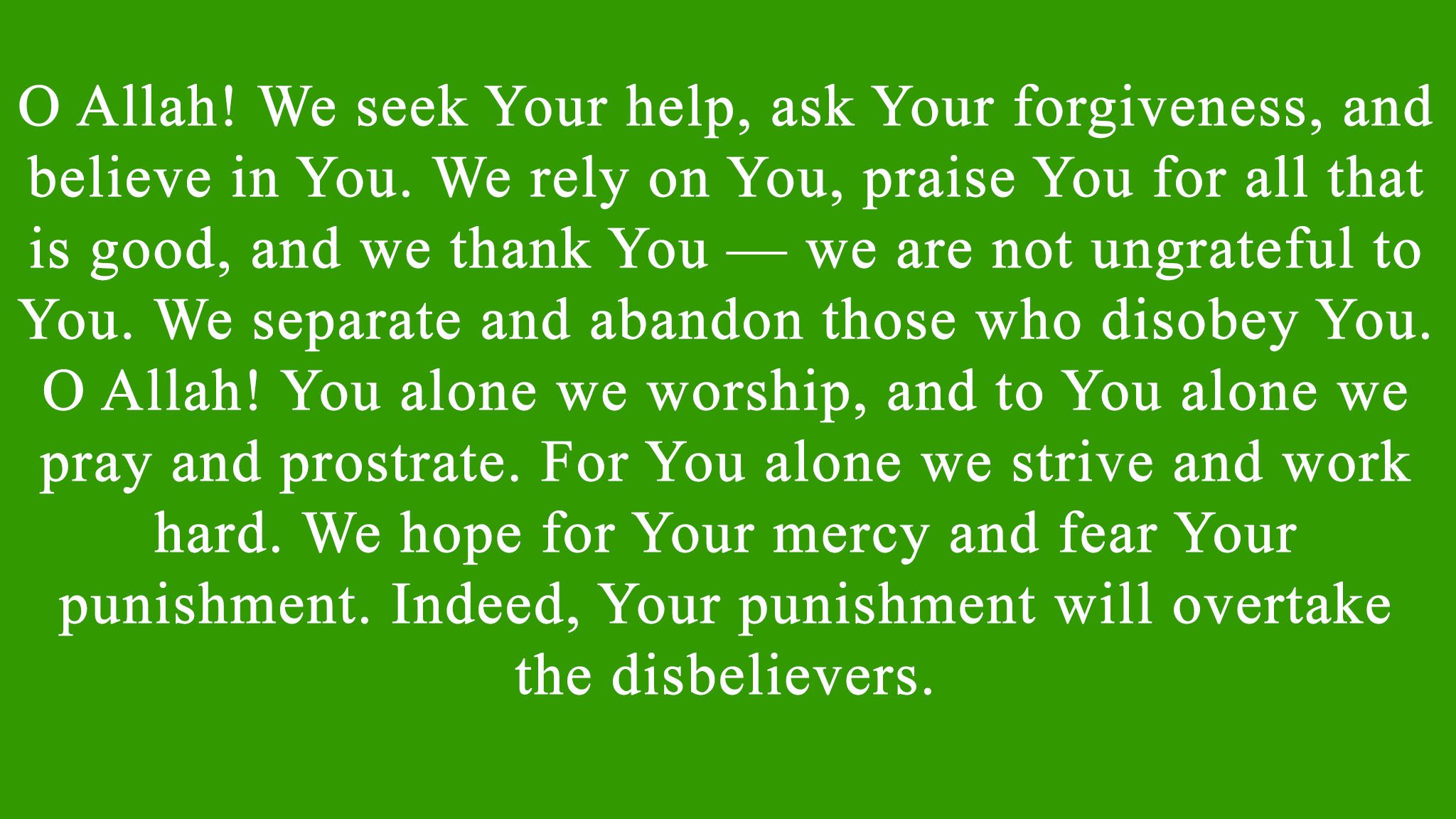Hadith on Anger Islamic Teachings on Controlling Anger
Introduction
The earth is a natural human spirit, which can have harmful consequences when not controlled. In Islam, anger is considered a test of one’s character, and dealing with it is an important aspect of personal and spiritual development. Prophet Muhammad (PBUH) emphasized the importance of controlling anger and giving practical advice to do so.
Hadiths, which are the words and functions of the prophet, provide valuable guidance to deal with anger corresponding to Islamic principles. When Islam arises, it encourages patience, self -invitation and refuge in Allah. The Prophet’s teachings (PBUH) suggests that anger should not determine one’s actions, as it can cause remorse and relationship.
The importance of anchorage in Islam is shown in many hadiths, where the Prophet (PBUH) corresponds to the actual force with the ability to control someone’s nature. Understanding this theory can help individuals cultivate better conditions, maintain inner peace and stay on the path of justice.
Hadiths on Anger in Islam
[ The strong is not the one who overcomes the people by his strength, but the strong is the one who controls himself while in anger. ]
(Sahih al-Bukhari, 6114)Key Hadiths About Anger
[ A man said to the Prophet (PBUH), ‘Advise me.’ The Prophet said, ‘Do not become angry.’ The man repeated the request several times, and each time the Prophet said, ‘Do not become angry. ]
(Sahih al-Bukhari, 6116)This hadith teaches that closing silent all through anger prevents one from saying some thing regrettable
How Prophet Muhammad (PBUH) Dealt with Anger
The first-rate instance of anger management comes from the Prophet Muhammad (PBUH) himself. Despite facing extreme provocation, he remained affected person and forgiving. There are numerous instances in which he replied to insults and mistreatment with kindness as opposed to retaliation.

The Islamic Perspective on Anger Management
Islam acknowledges that anger is a natural emotion however warns towards permitting it to control one’s actions. The Quran and hadith emphasize the importance of staying power, forgiveness, and self-restraint in tough conditions.
Anger as a Test of Character
The Prophet described anger as a character test. Islam encourages believers to respond with knowledge and patience instead of responding impulsively. In another hadith, the Prophet (PBUH) said:
[ When one of you is angry, let him remain silent. ]
(Musnad Ahmad, 2137)
This hadith teaches that closing silent all through anger prevents one from saying some thing regrettable.
How Prophet Muhammad (PBUH) Dealt with Anger
The first-rate instance of anger management comes from the Prophet Muhammad (PBUH) himself. Despite facing extreme provocation, he remained affected person and forgiving. There are numerous instances in which he replied to insults and mistreatment with kindness as opposed to retaliation
Practical Steps to Control Anger in Light of Hadith
The Prophet (PBUH) provided several practical steps for handling anger correctly.
Seeking Refuge in Allah
One of the primary things a Muslim need to do while feeling irritated is to are searching for shelter in Allah. The Prophet (PBUH) stated:
[ If a man receives angry and says, ‘I are seeking for shelter with Allah from the accursed devil,’ his anger will leave. ]
(Sunan Abu Dawood, 4780)
By turning to Allah in moments of anger, someone can calm themselves and avoid acting hastily.
Changing Physical Posture and Making Wudu
The Prophet (PBUH) also suggested realistic steps inclusive of converting posture or appearing ablution (wudu):
[ If one in all you gets angry while standing, allow him take a seat down. If his anger does no longer subside, allow him lie down. ]
(Sunan Abu Dawood, 4782)
Performing wudu allows cool the body and thoughts, lowering the depth of anger.
Consequences of Uncontrolled Anger in Islam
Islam warns against the destructive nature of uncontrolled anger, which can have serious consequences.
Impact on personal relationships
End can harm relationships and cause conflicts and emotions. Many families and social issues arise due to uncontrolled temperature. The Prophet insisted on resolving the conflicts with patience and knowledge instead of responding emotionally.
Spiritual and social results
From a spiritual point of view, uncontrolled anger can cause sinful behavior. This can cause a person to act unfairly, speak hard or harm others. Socially, uncontrolled anger leads to disputes, quarrels and broken conditions, and weakens the unity of Muslim society.

Learn Islamic teachings on anger control through powerful hadith guidance. Hadith on Anger in Islam
Benefits of Controlling Anger According to Hadith
The ability to control anger gives huge prizes this life and later.
Strength in self -discipline
A person who controls his anger demonstrates real inner strength. As the Prophet (PBUH) said, real power lies in self -control rather than physical strength. This discipline leads to personal development and strong faith.
Increased prices and forgiveness
Allah promises a great price for those who prevent anger. The Qur’an states:
[ And those who stop anger and forgive people – and Allah love the good. ]
(Surah Aul-e-Imran, 3:134)
By forgiving others and maintaining composer, a Muslim acquires love for Allah and his mercy. Want to get more info can explore other resources like Sunnah

Conclusion:
Angry Hadith provides the necessary guidance on emotional control in Islam. Earth is a natural human spirit, but the hadith of anger learns that it should be wisely controlled. A well -known hadith on anger states that a strong person is not the one who can physically dominate others, but who can control himself. In anger, this hadith emphasizes that self -restraint is a brand of genuine strength in Islam.
Another hadith on anger said how the Prophet Muhammad (PBUH) advised a man to avoid anger again and again, which shows his dangers. Angry Hadith learns that controlling someone’s feelings prevents losses and regrets. A powerful hadith on anger also advises believers to seek refuge in Allah and feel angry. In anger, this Hadith states that “Audhu Bilahi my Ash-Shayatan I-Rajim” (I take refuge with the devil in search of asylum from Allah can help someone calm you down.
Islam encourages patience, and in anger, Hadith gives practical steps to achieve it. Angry hadith suggests that when they are angry, someone should be silent or change their position – if they stand, sit; If you sit, lie down. Another hadith on anger advises Wudu, as water helps to cool the body and calm the mind. Hadith on anger reminds Muslims that uncontrolled anger can harm relationships, cause injustice and regret it.
Following Hadith on anger helps individuals develop emotional intelligence and strengthen their trust. Angry Hadith learns self -control, patience and the importance of taking help from Allah. By using hadith on anger in daily life, one can achieve peace and justice.
Explore More Posts
Eid al-Fitr 2025 in the USA – Date, Prayer & Celebration
What Was Satan’s Name When He Was an Angel?
What to do in the second virus of Ramadan – 10 days of forgiveness
Pillars of Iman in Islam – The 6 Beliefs Every Muslim Must Have
How many ayats are in the Quran
Dua After Reciting Quran – A Heartfelt Supplication
7 Pillars of Islam – Roots & Branches in Shia Belief

